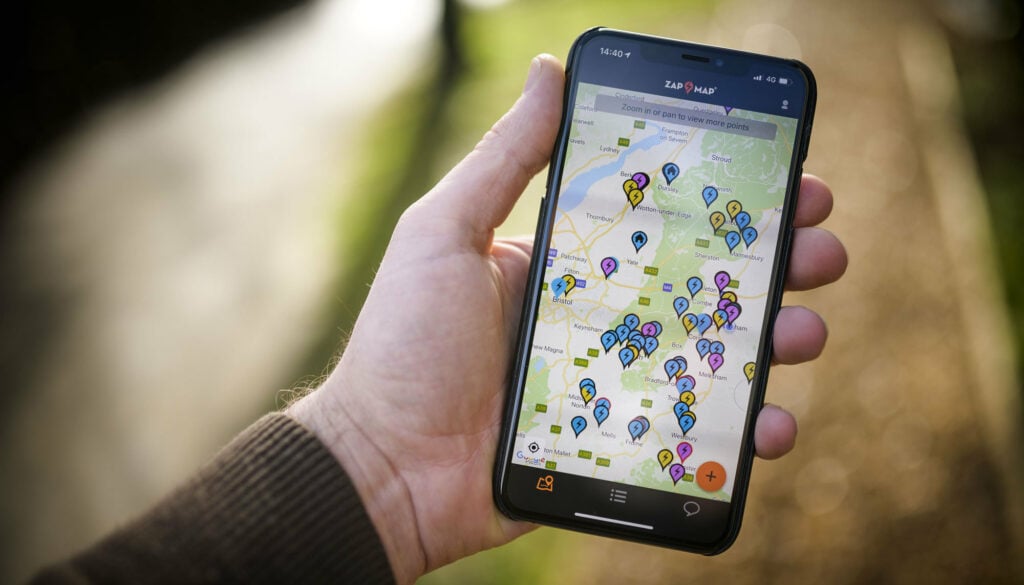A new survey from Zap-Map in collaboration with Motability has found that a third of disabled drivers have difficulties locating a suitable charger that could meet their needs.
The survey, which polled 2,200 EV drivers on whether they considered themselves to have a disability and what challenges they face while charging their vehicles, found that one in seven also noted challenges with the weight of charging cables.
This is in addition to some users experiencing difficulties with the force required to attach the connector, the lack of dropped curbs around charge points and unsuitable parking arrangements.
Whilst only 8% of those surveyed identified as disabled, Zap-Map pointed to how this is below the 20% rate of disability expected to be seen within the UK population, which it said indicates a more limited uptake of EVs among disabled people, with accessibility issues potential playing into this.
Dr Ben Lane, Zap-Map’s CTO and joint MD, said that these results should “serve as a warning to the industry to sit up and take notice”, adding that with the charging infrastructure to facilitate the shift to EVs being installed now, “we can’t afford to leave anyone behind”.
“Businesses and charge point operators need to focus more effort on improving accessibility and designing charge points which will benefit everyone,” he said.
The results of the survey are to be provided as input into the government’s consultation into consumer requirements for EV charging, the two companies said.
Recent Motability research found that there will be an estimated 2.7 million disabled drivers or passengers by 2035. Of this, 1.35 million are expected to be wholly or partially reliant on public charging infrastructure, with the ban on the sale of new internal combustion engine vehicles occurring five years prior to this.
“As we approach what will be a transformative energy transition in the UK, there is a robust social and commercial case for ensuring that EV charging infrastructure is accessible for disabled people,” Catherine Marris, innovation lead at Motability, said.
“If we want to work towards a society and economy that is inclusive for all, then accessibility must be a priority.”






